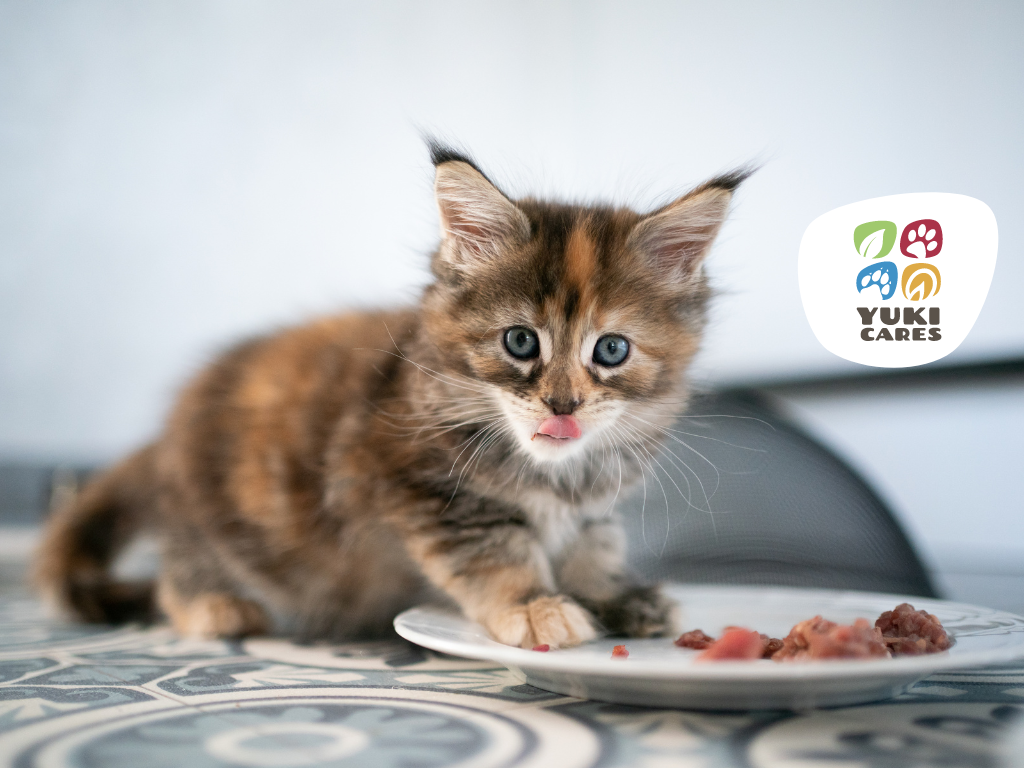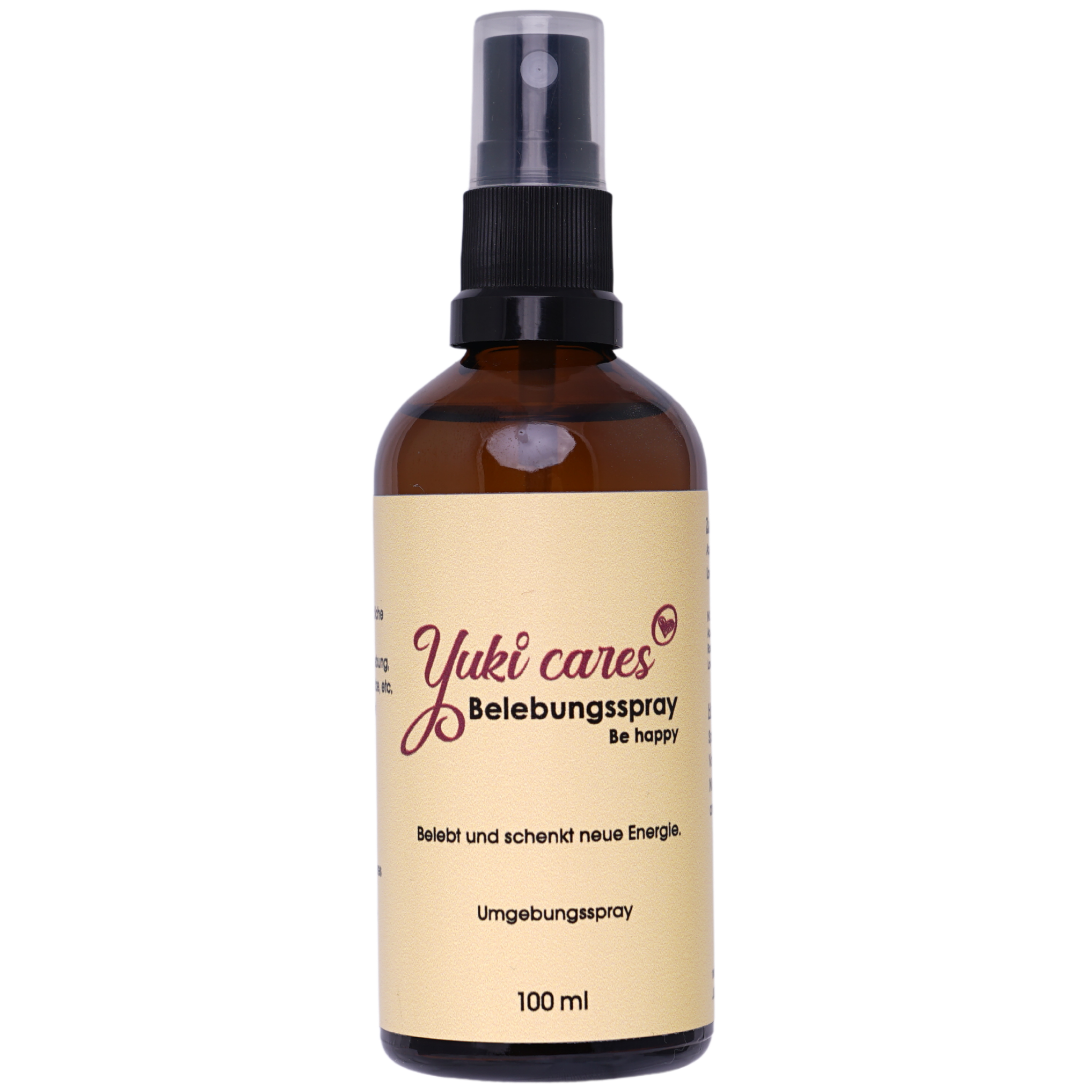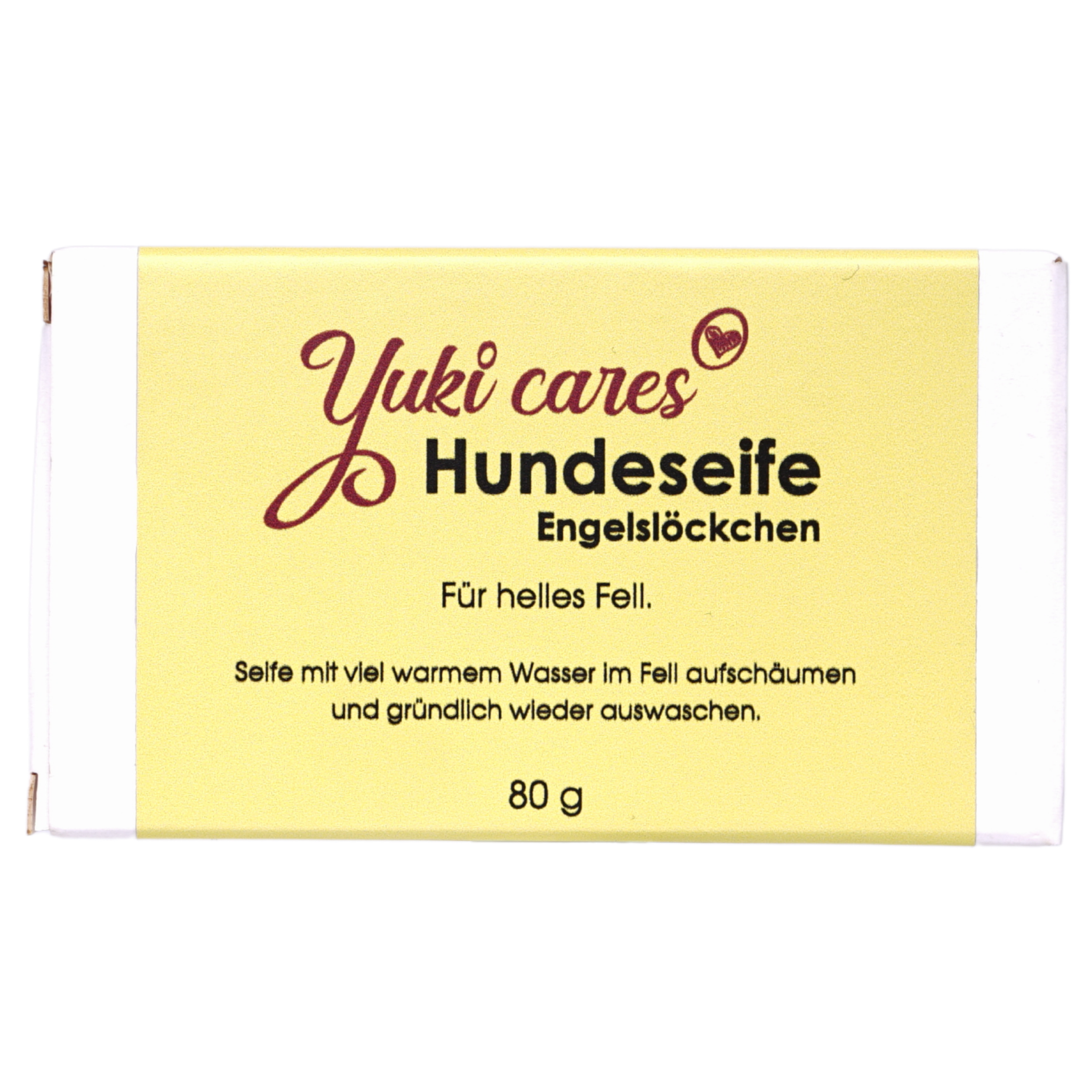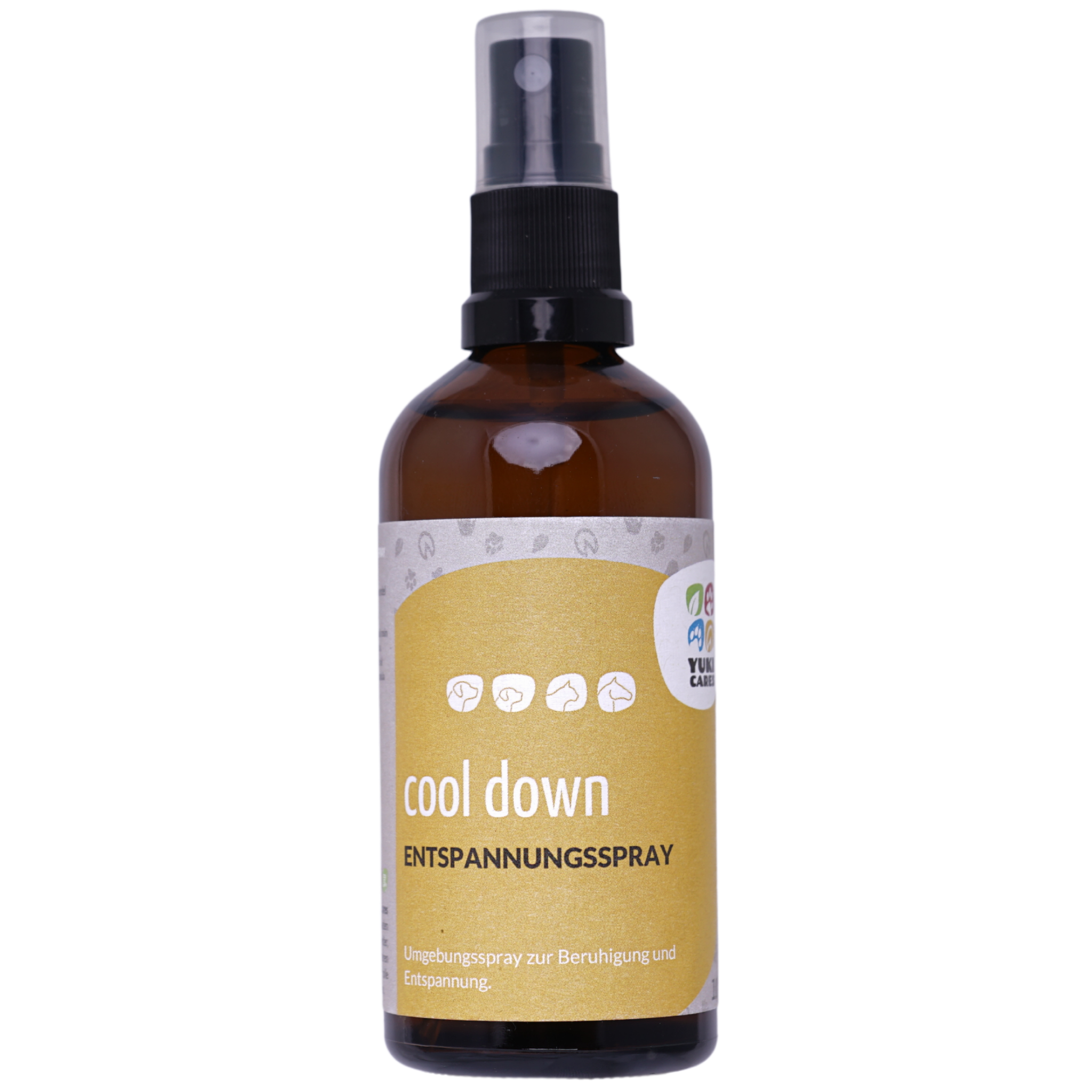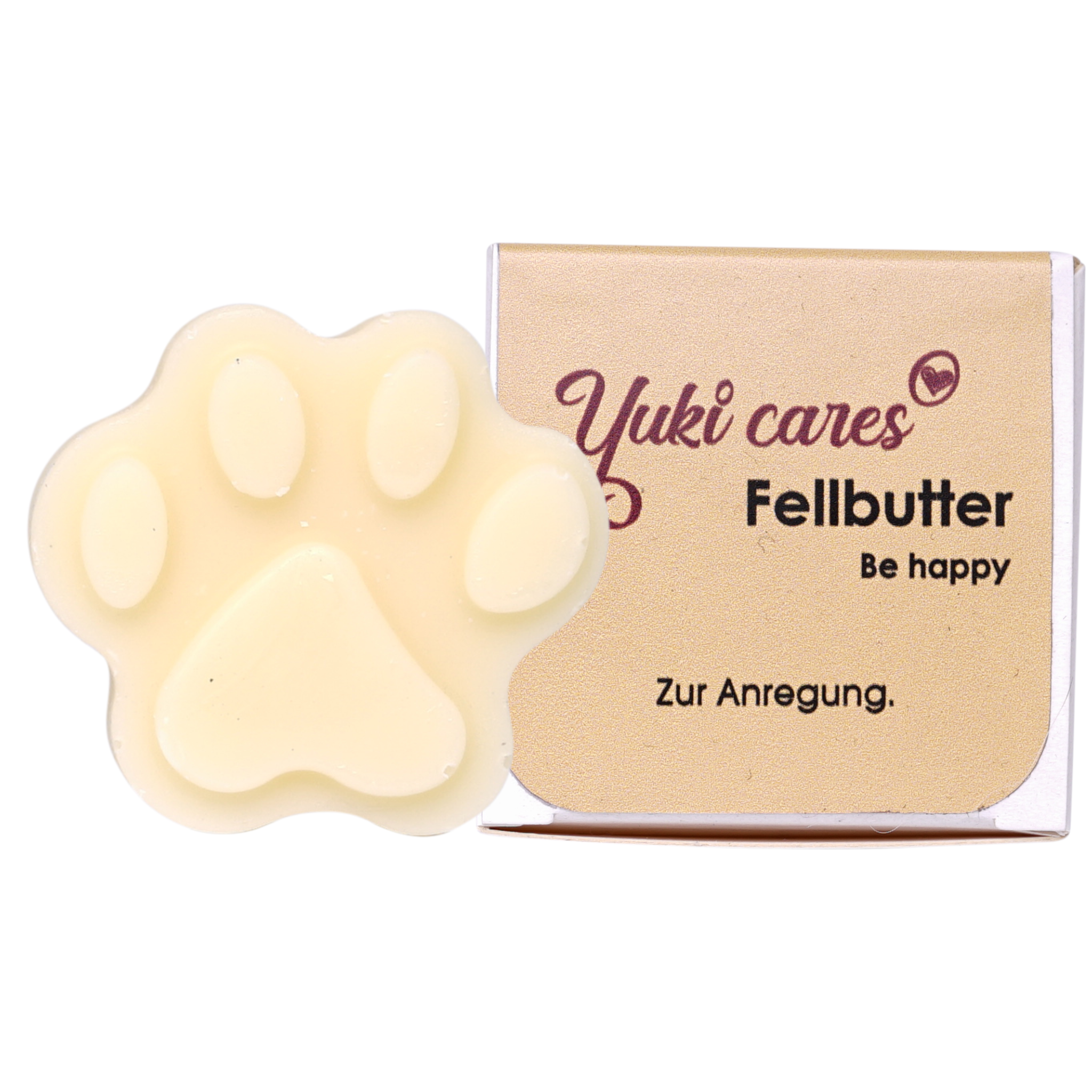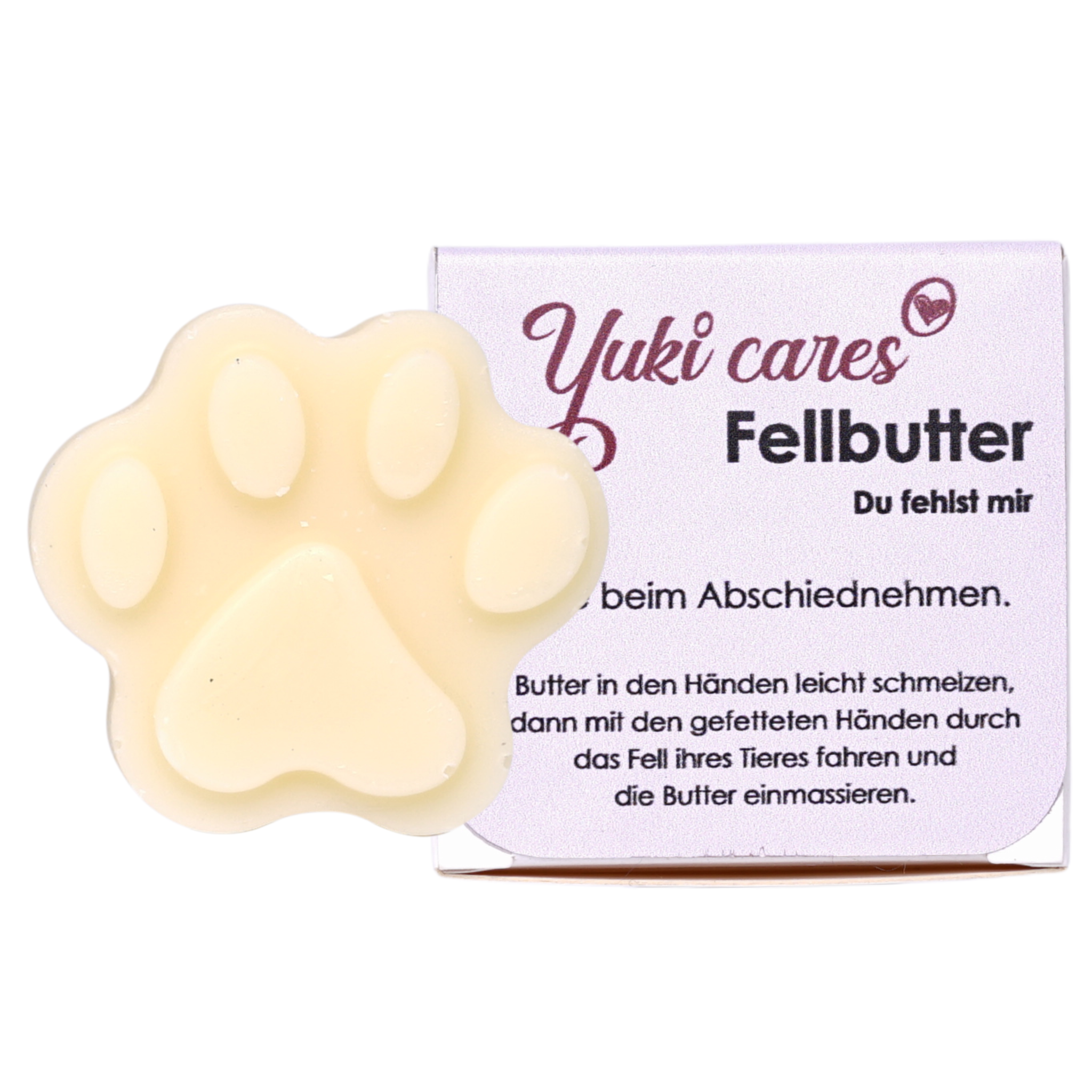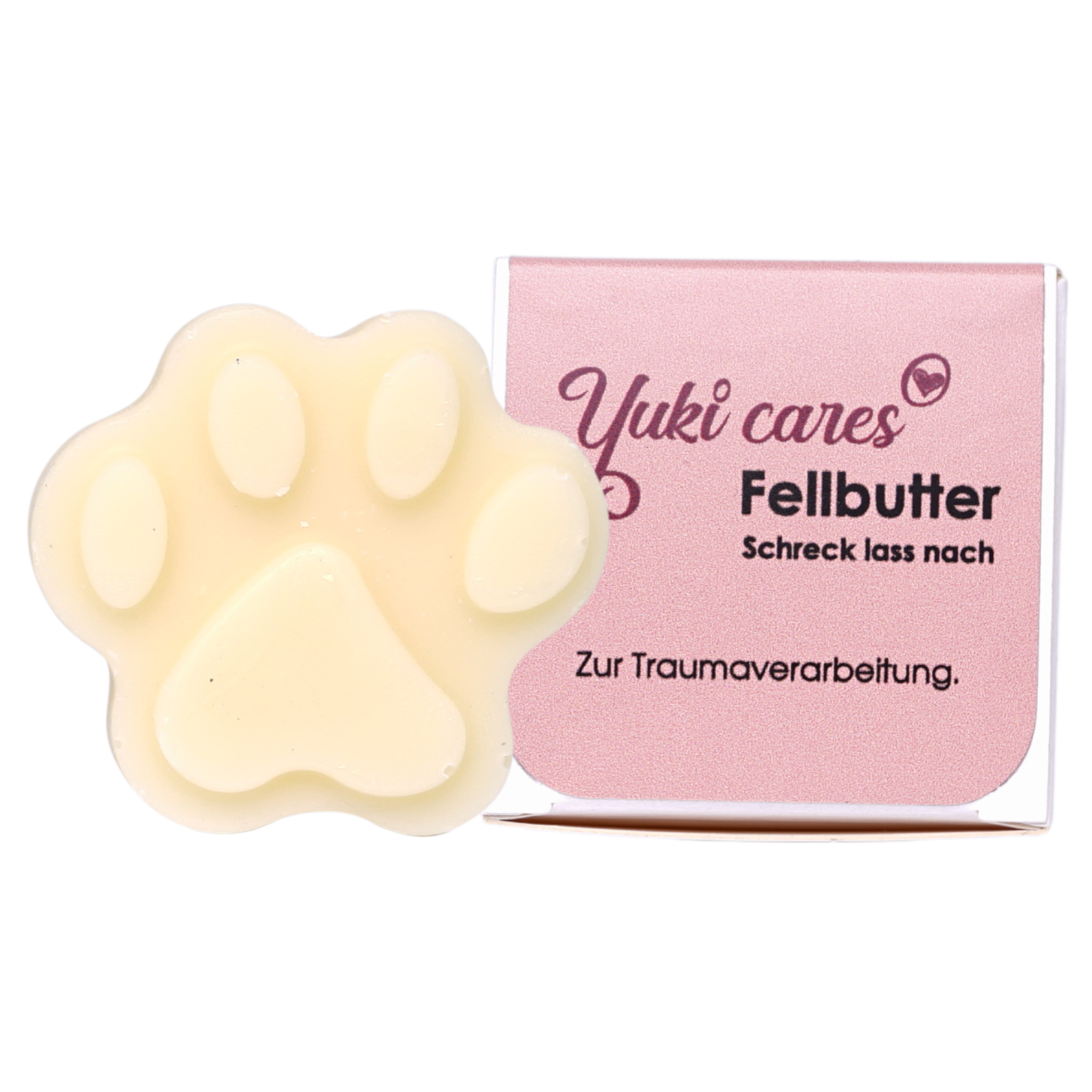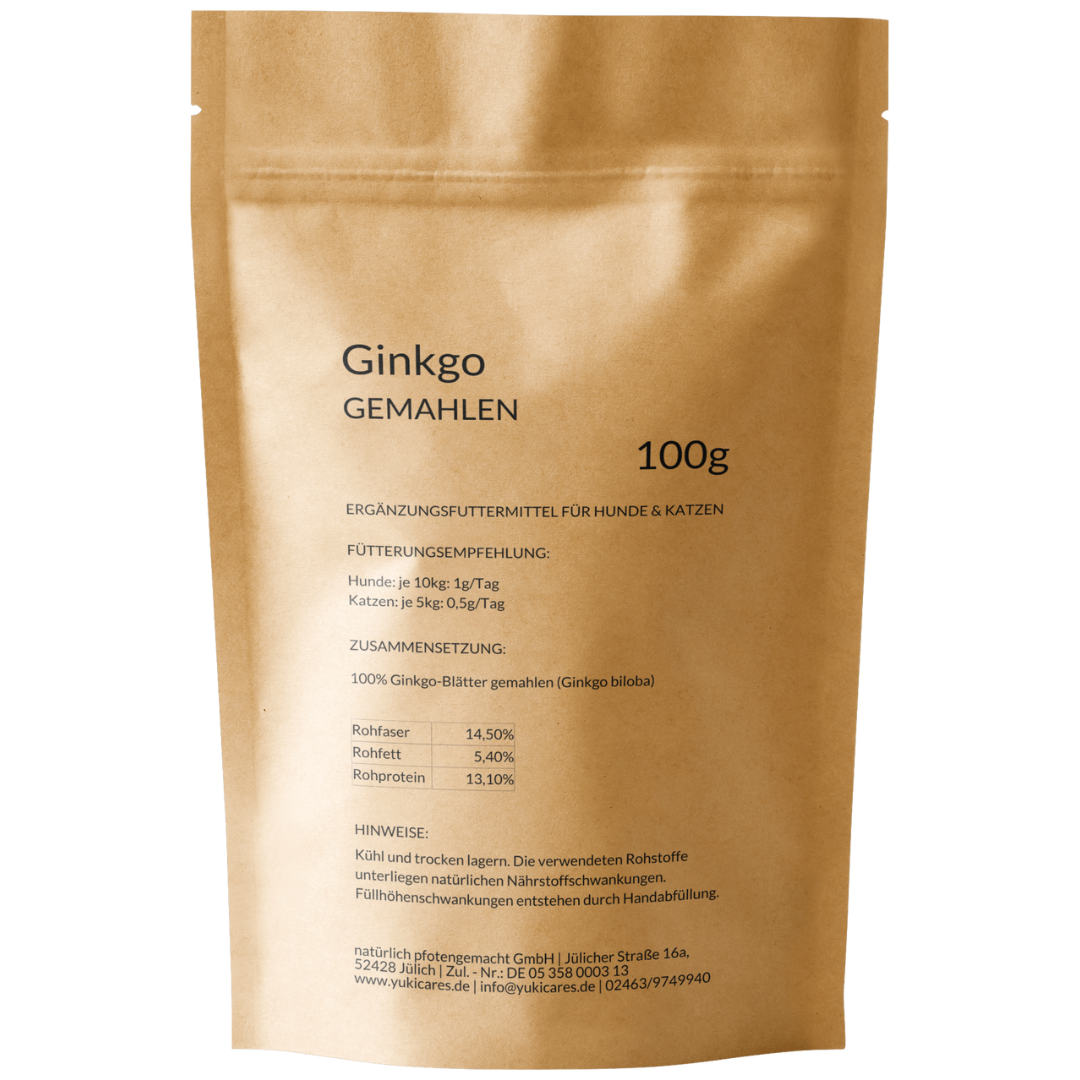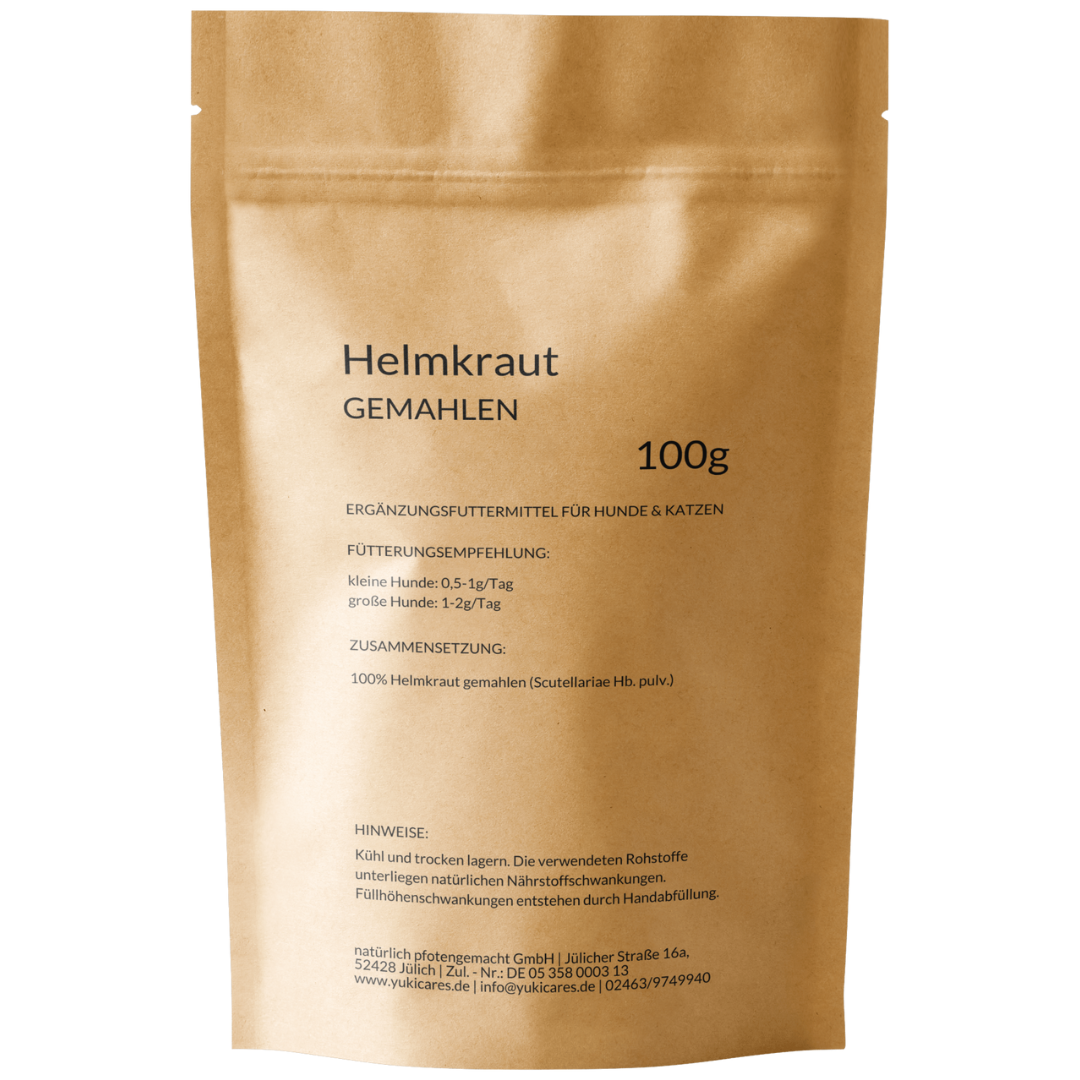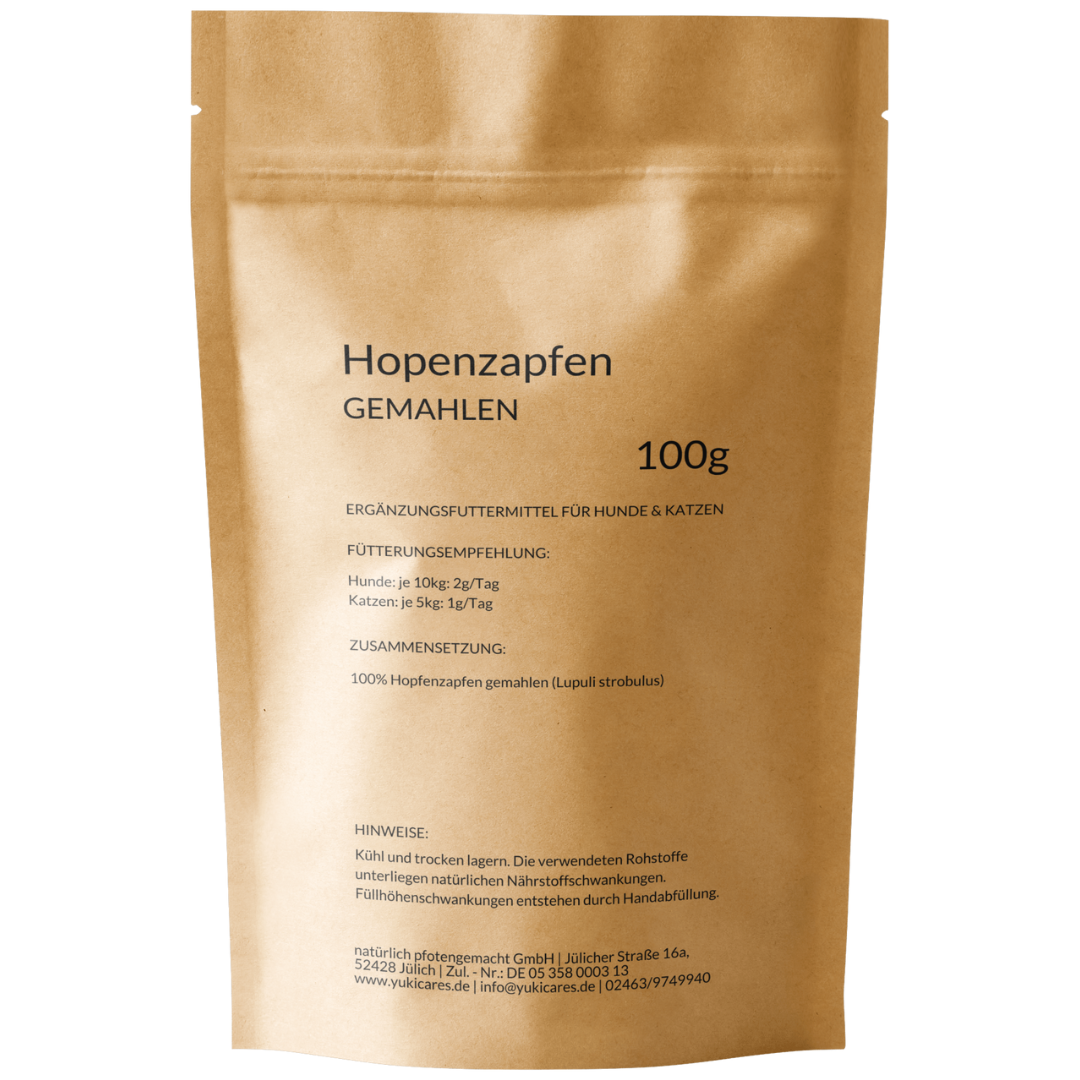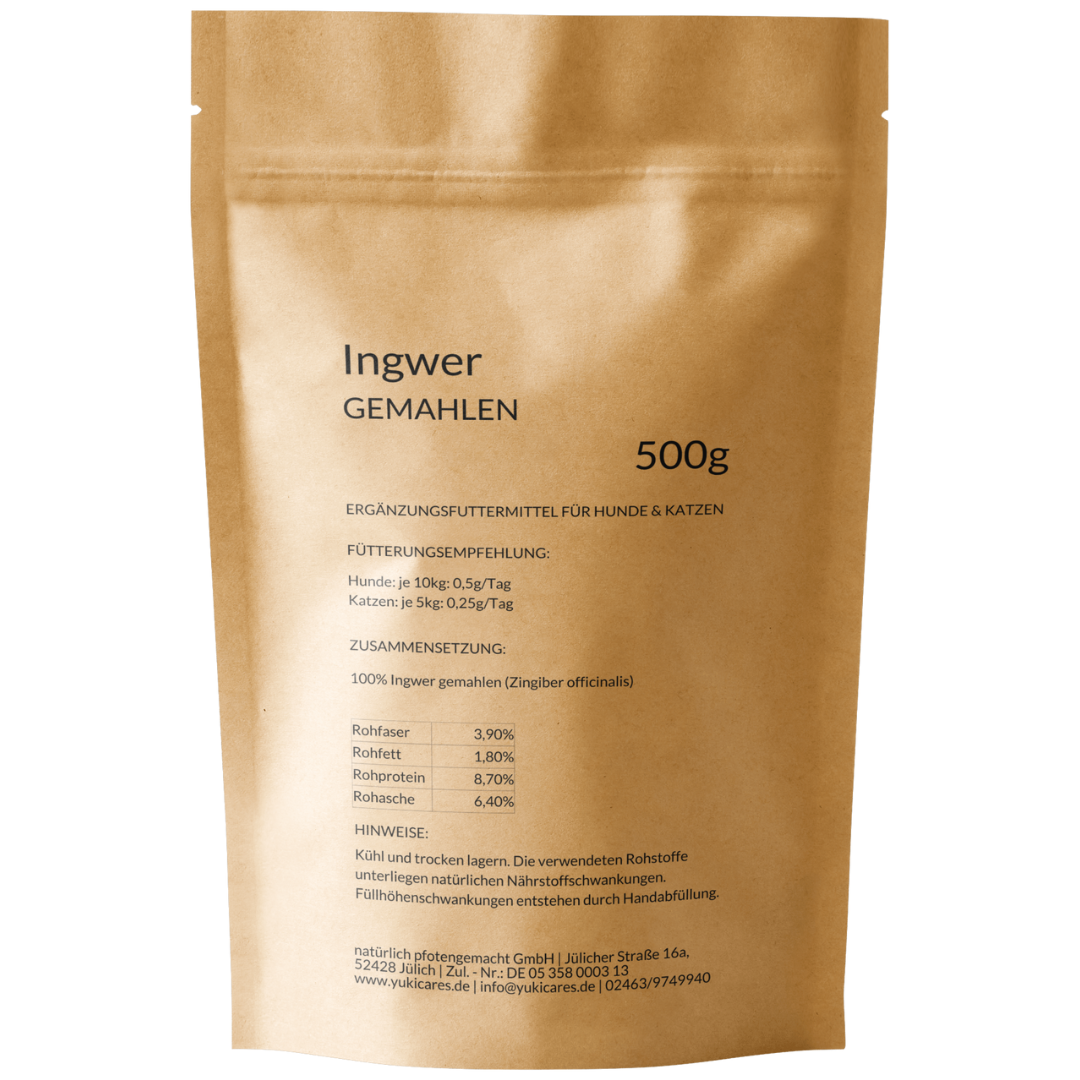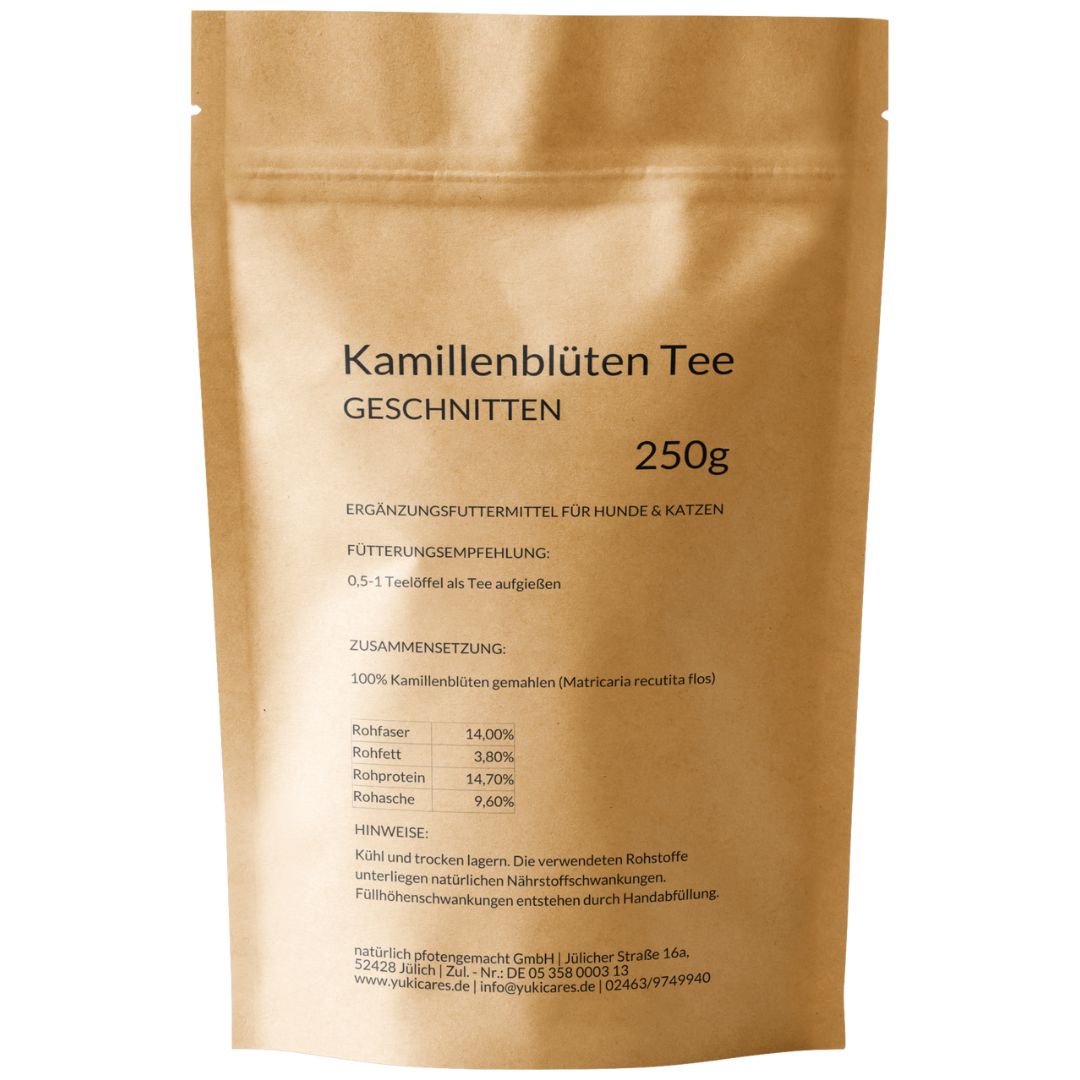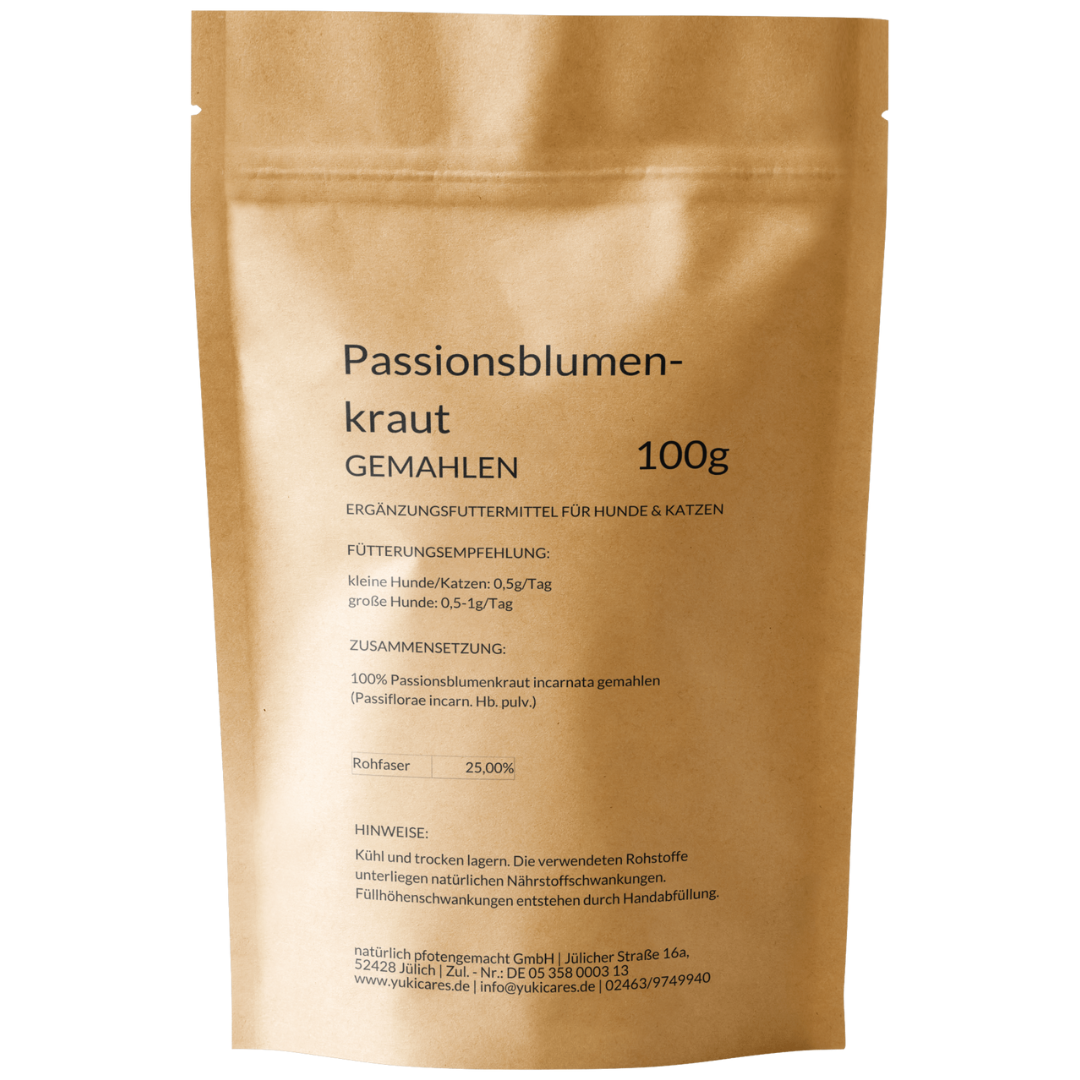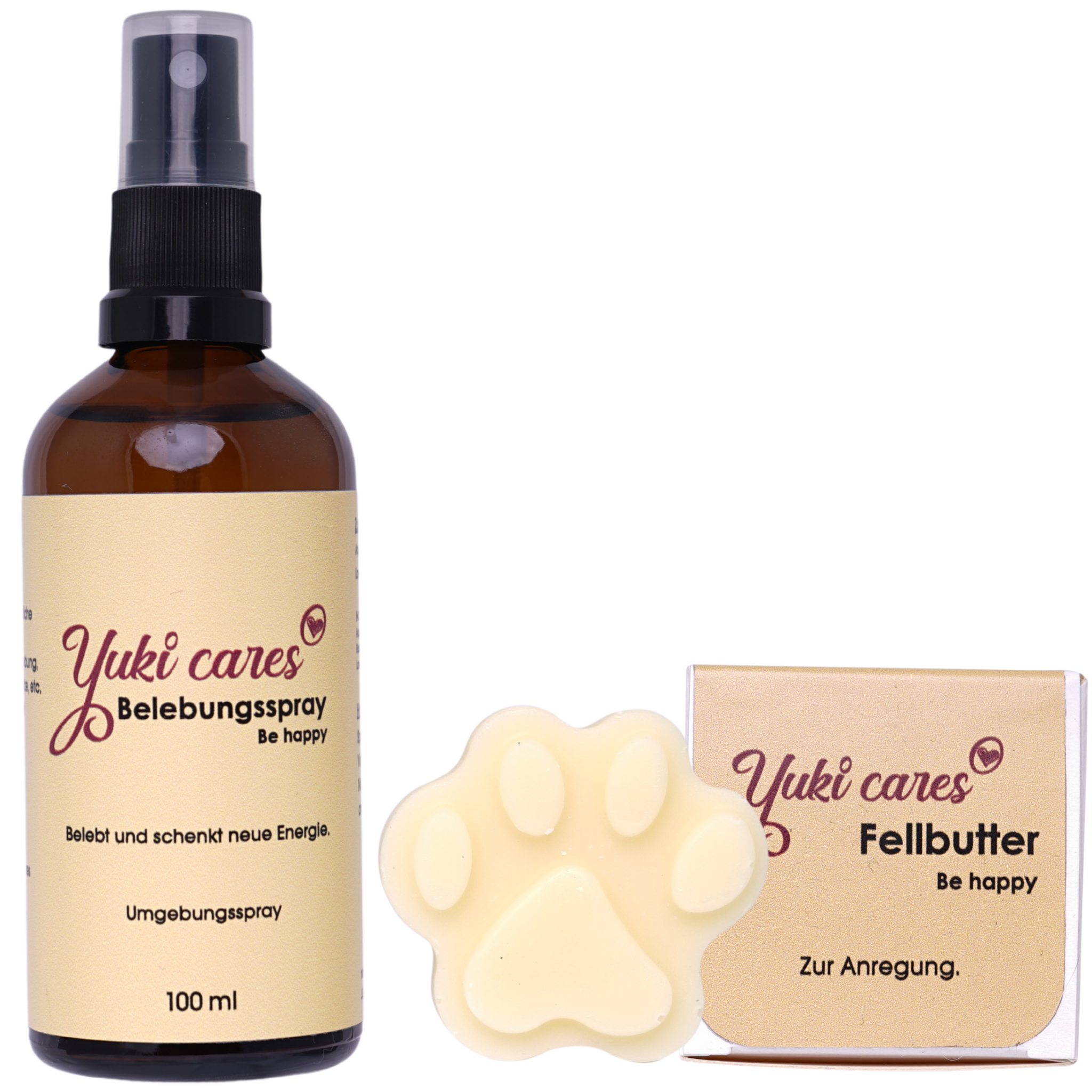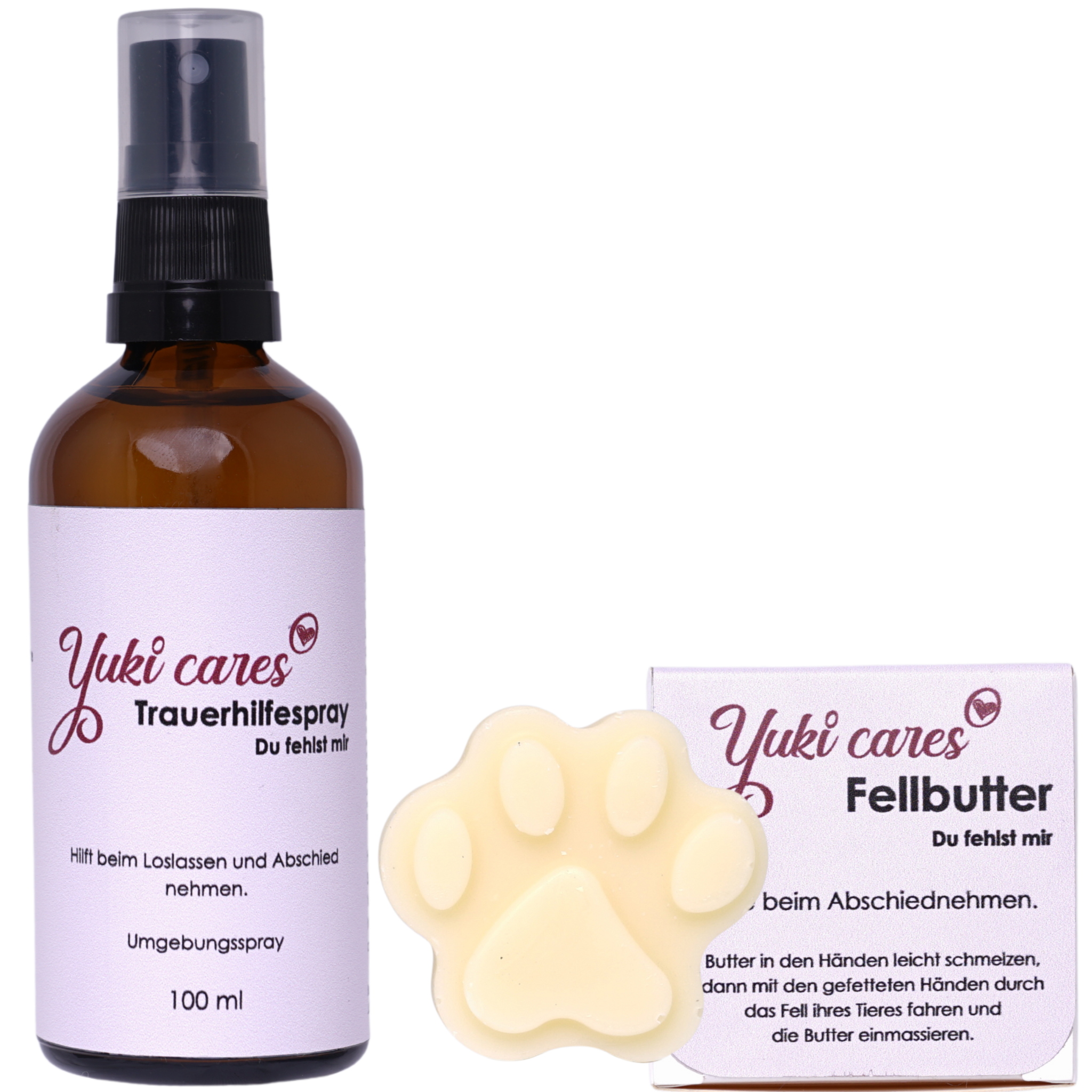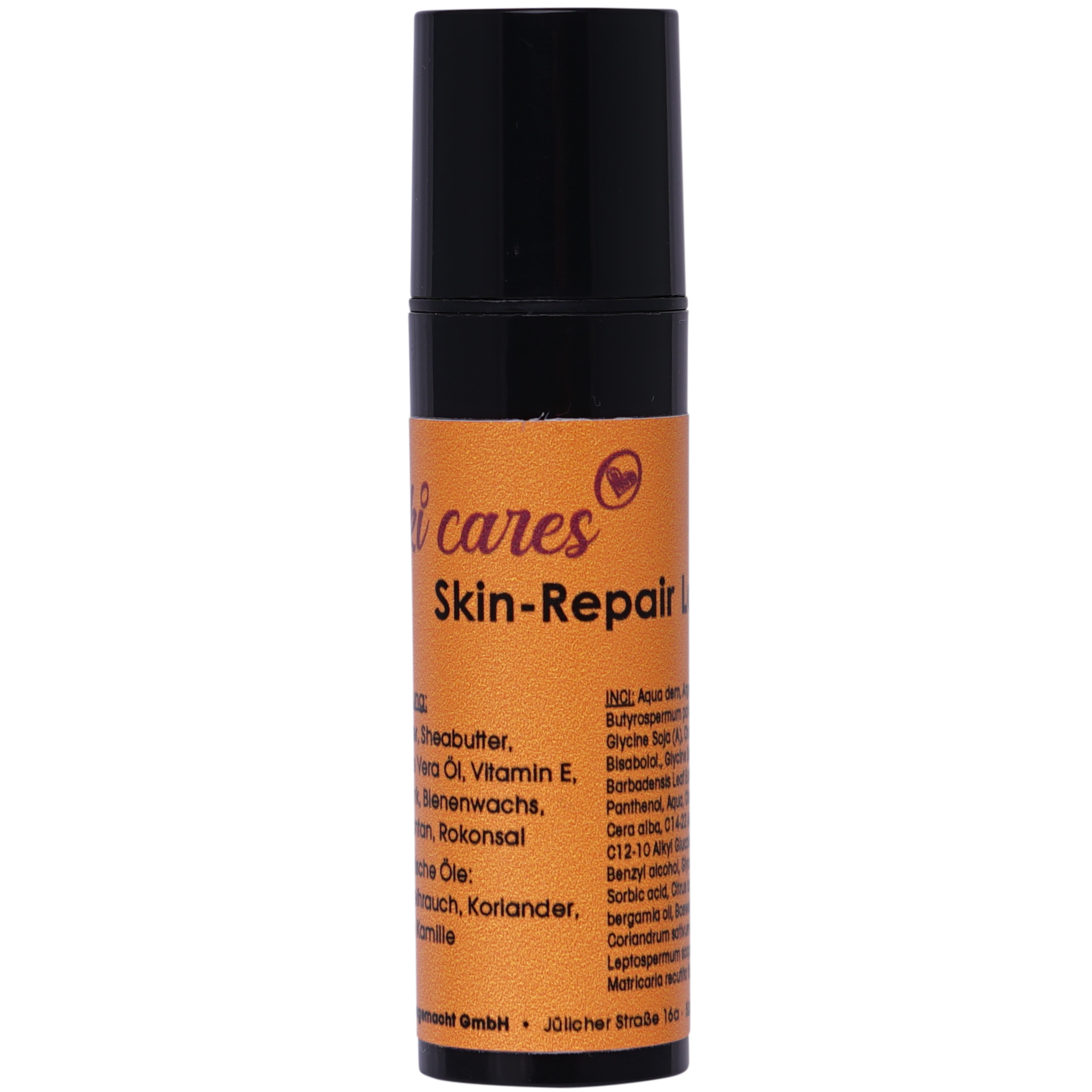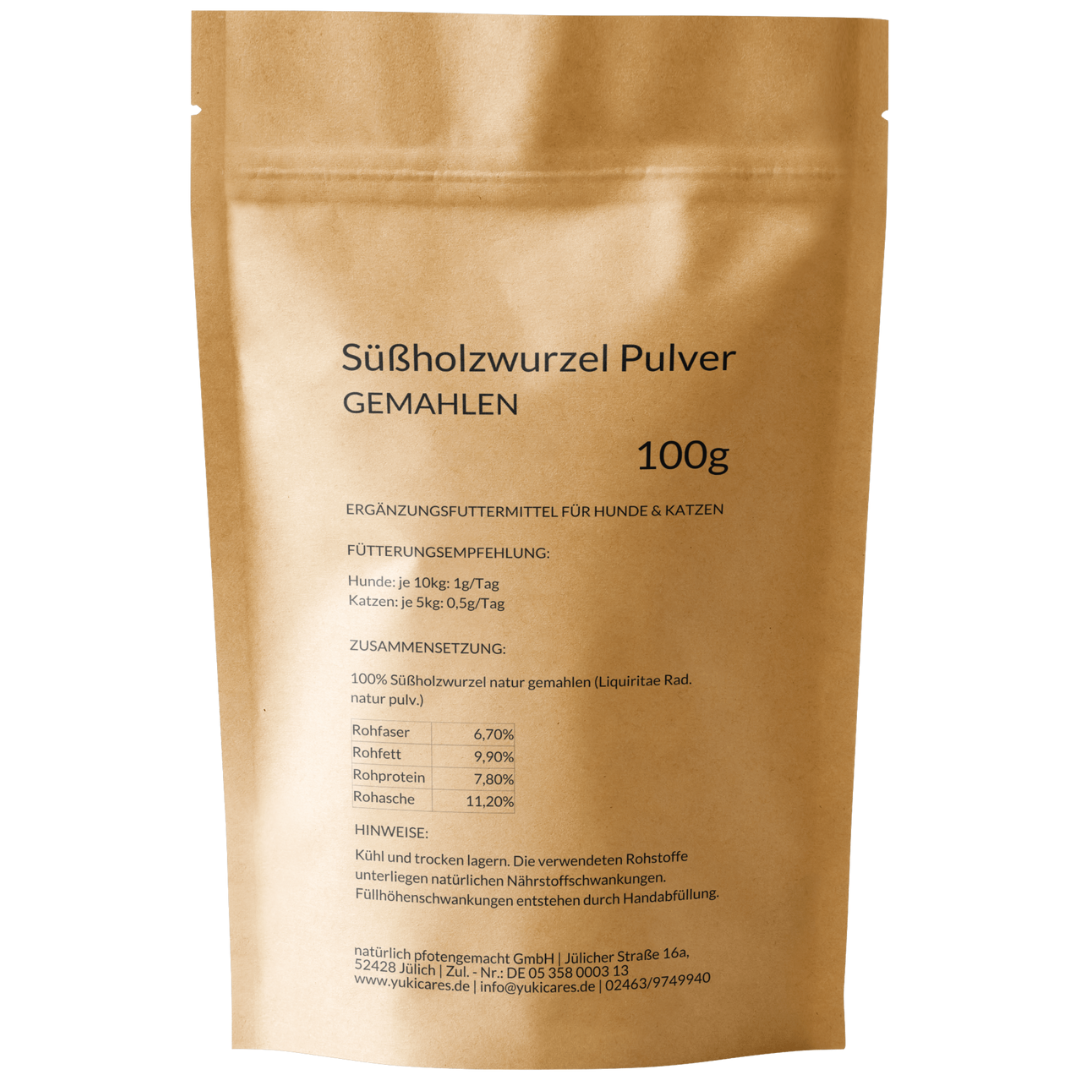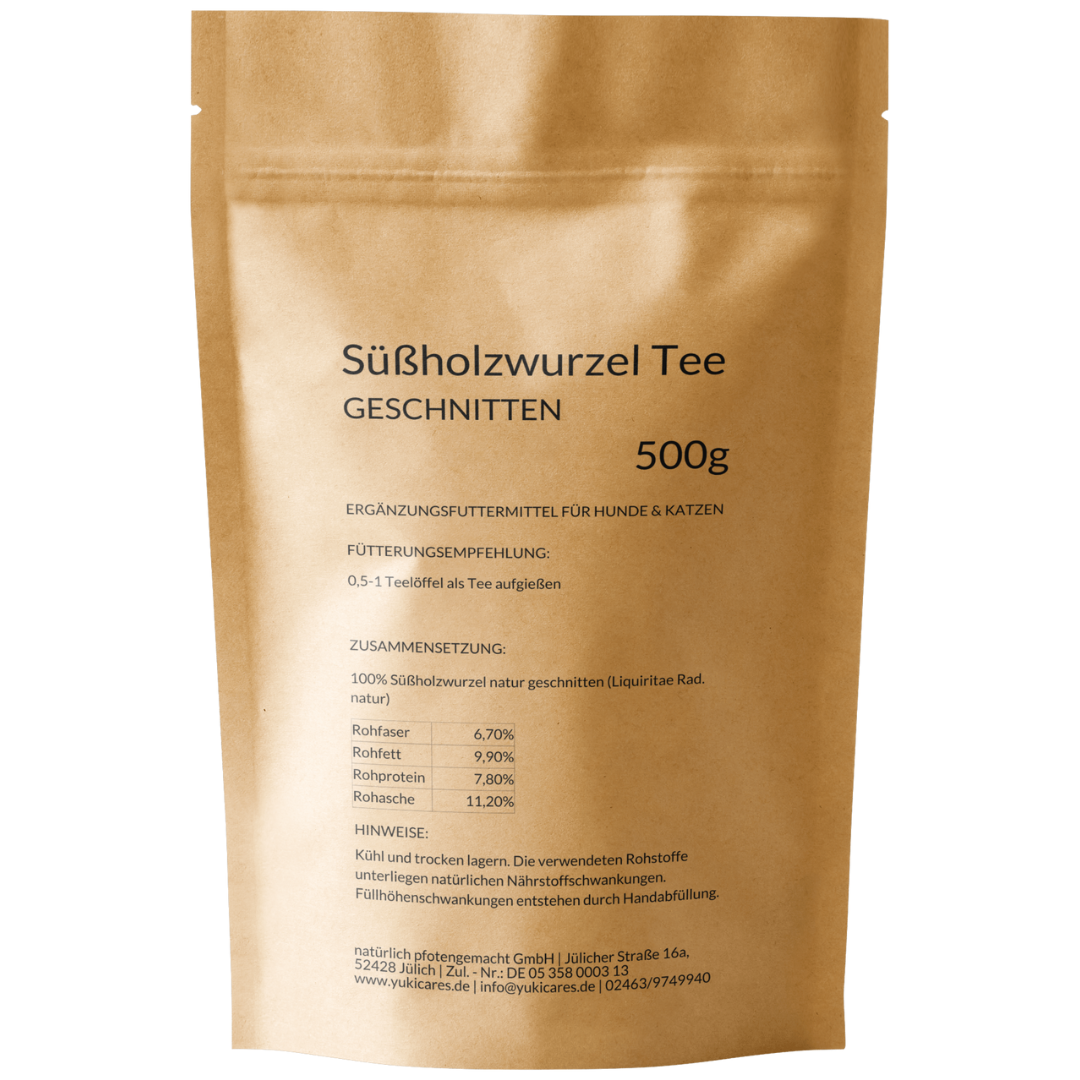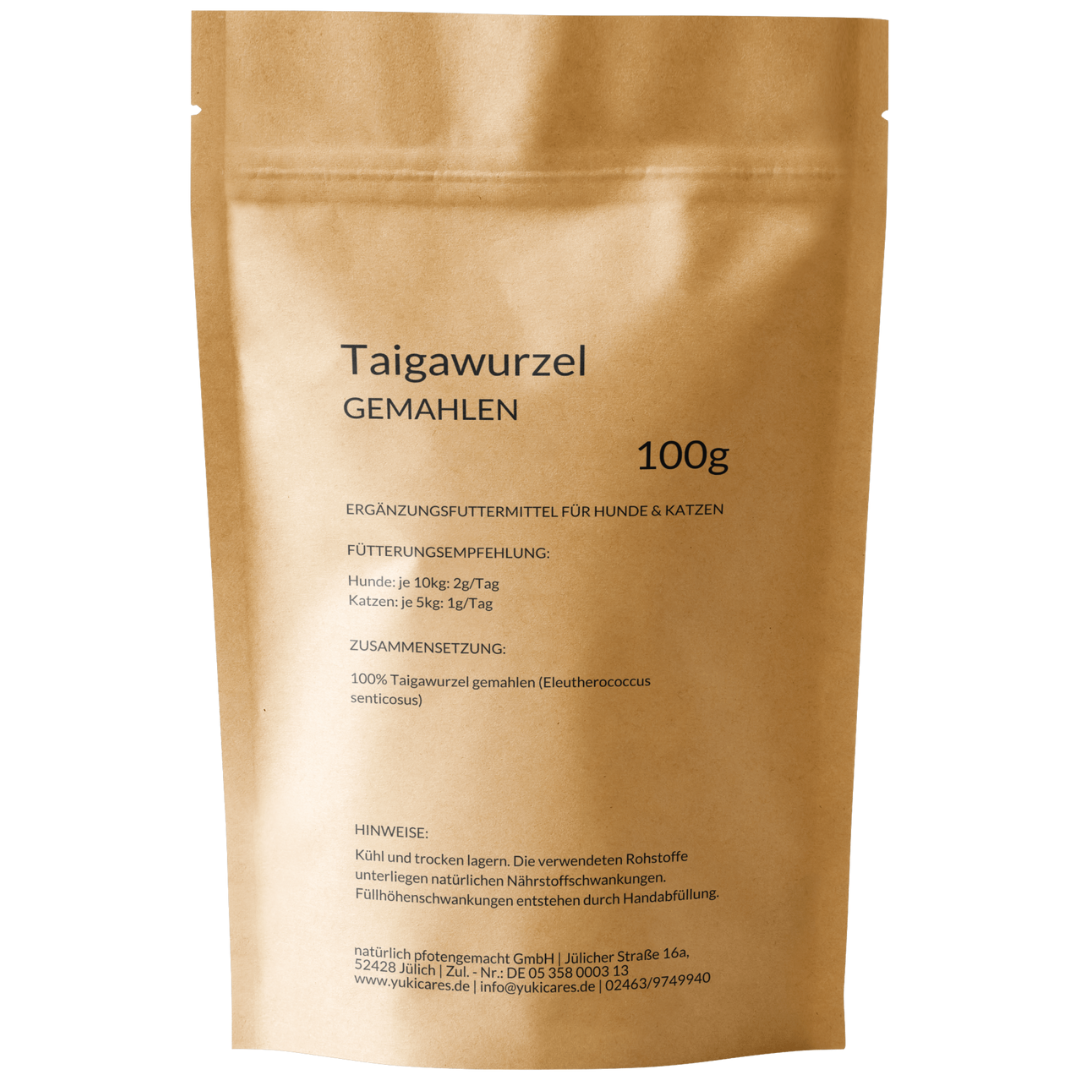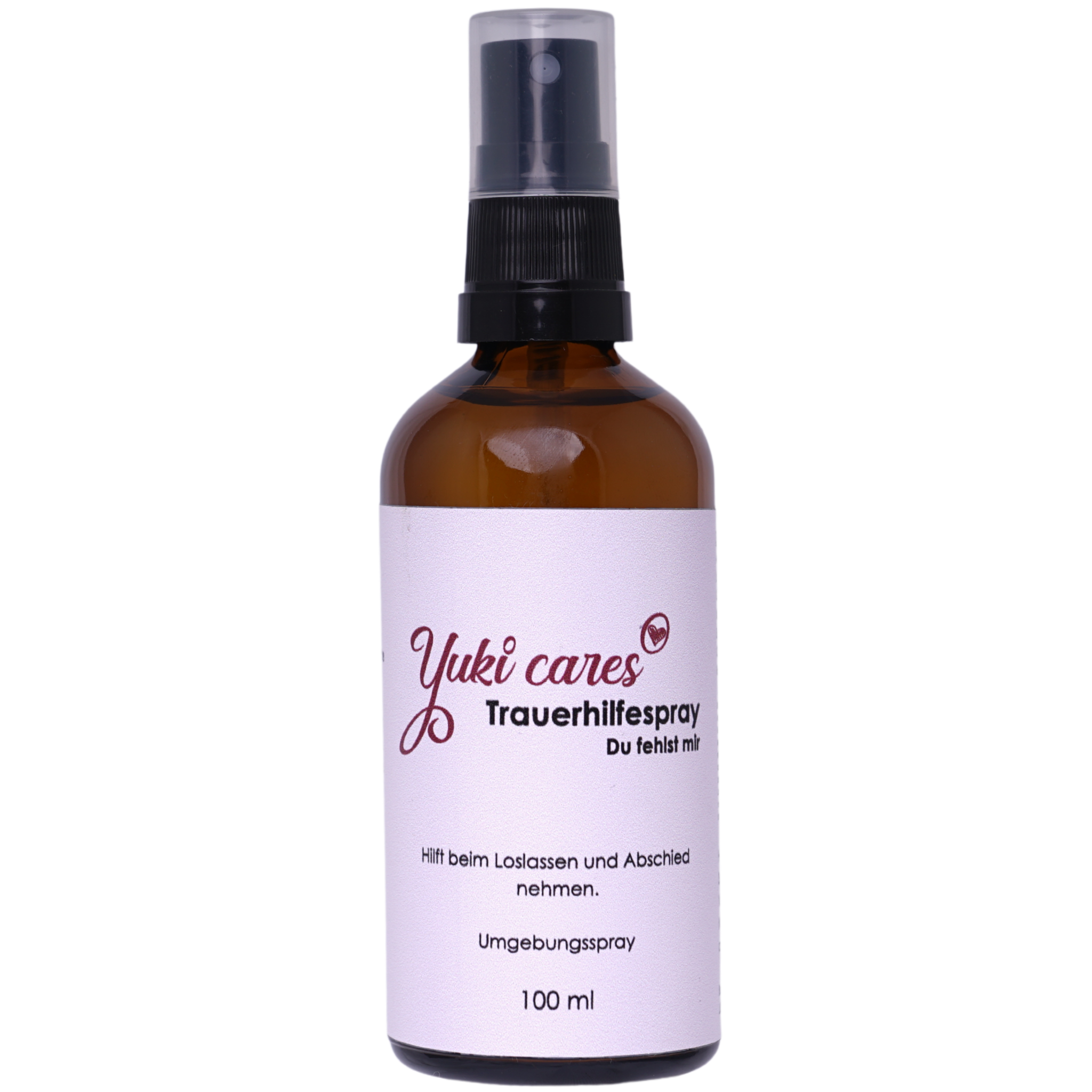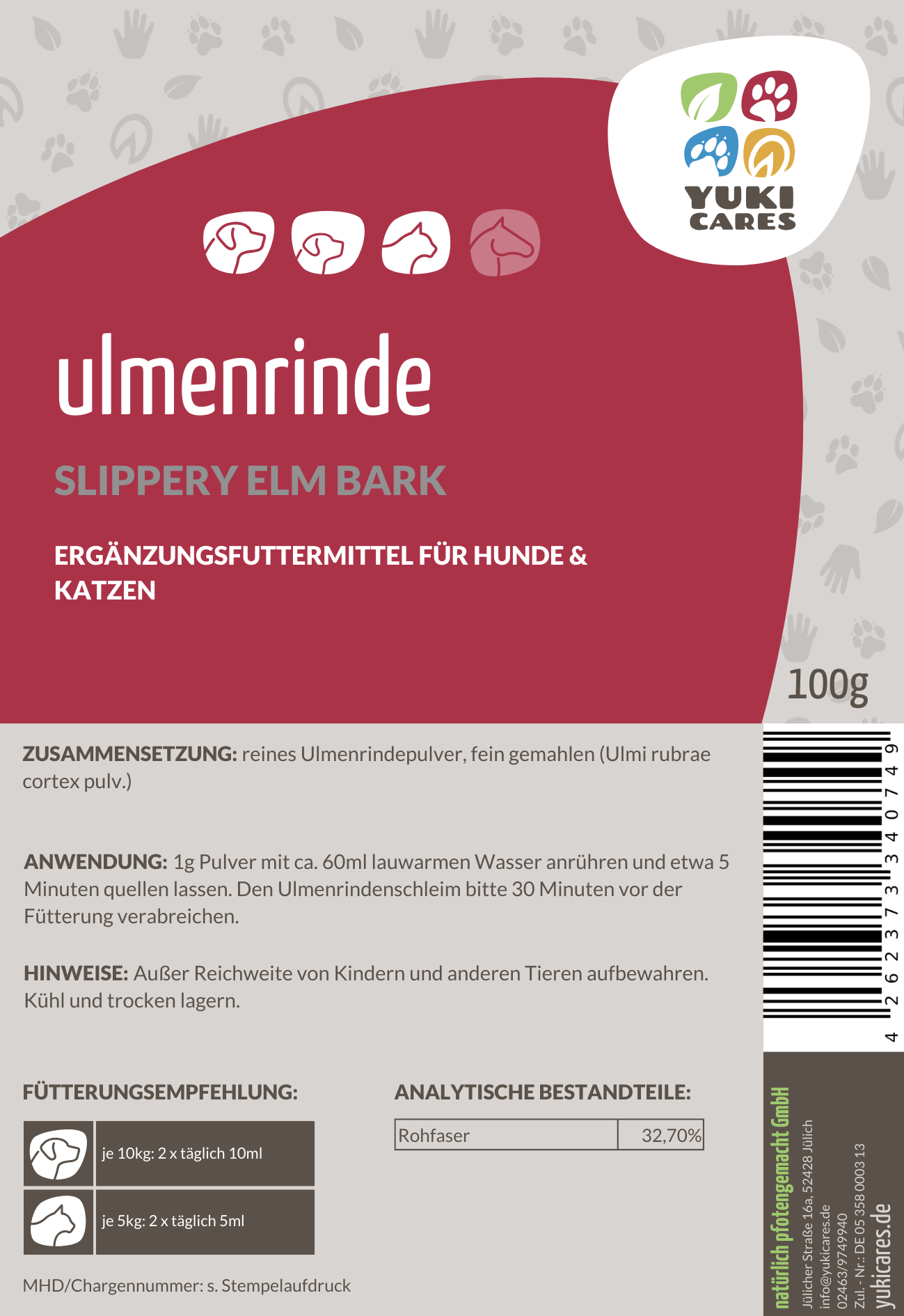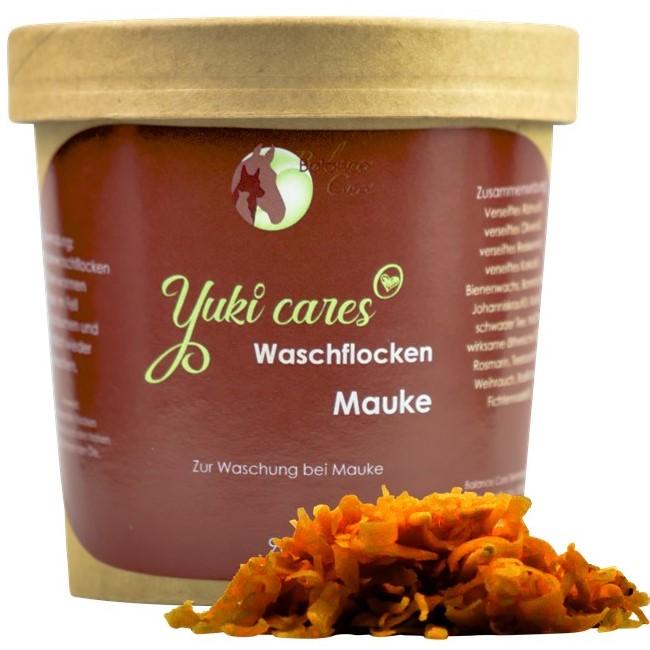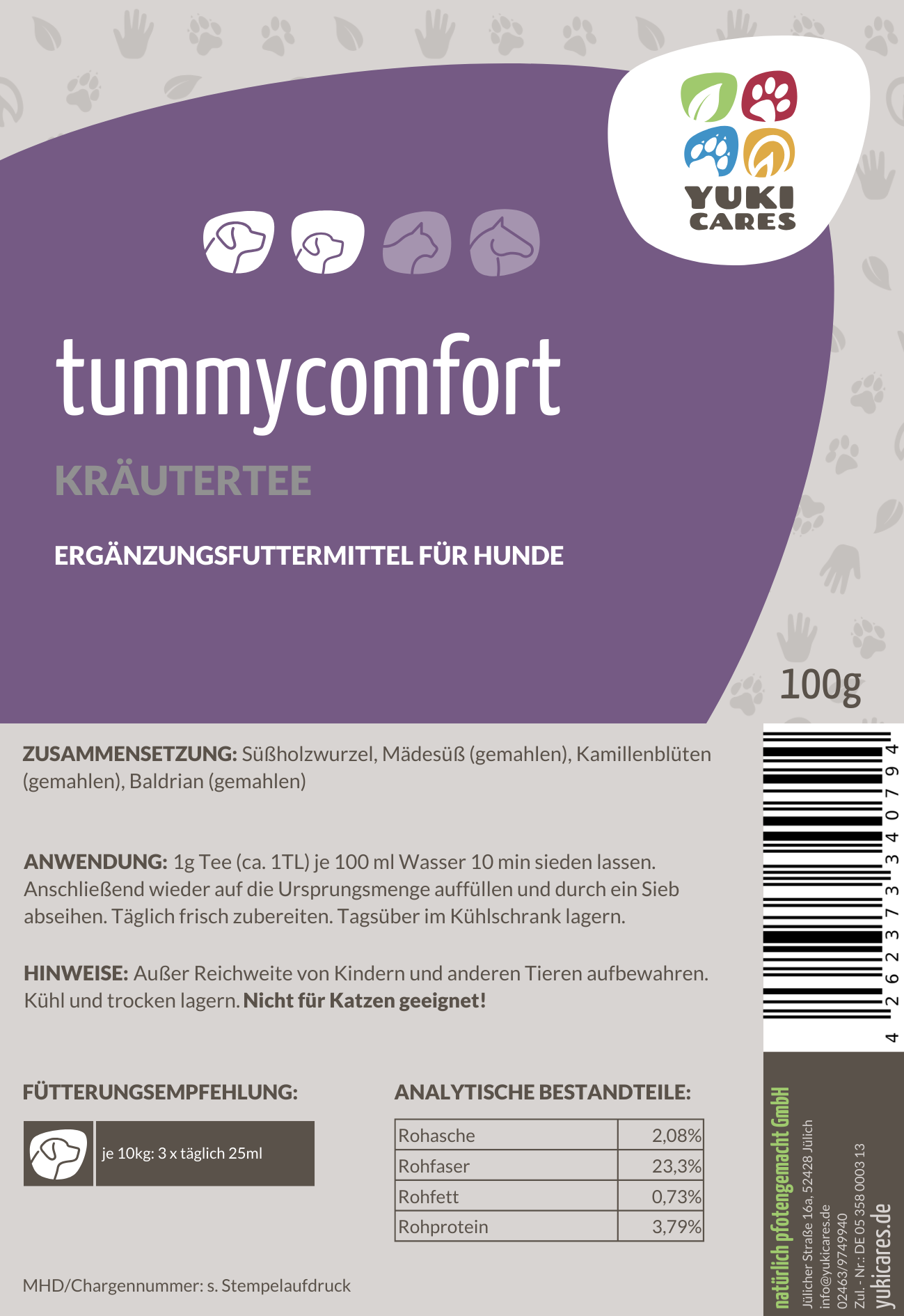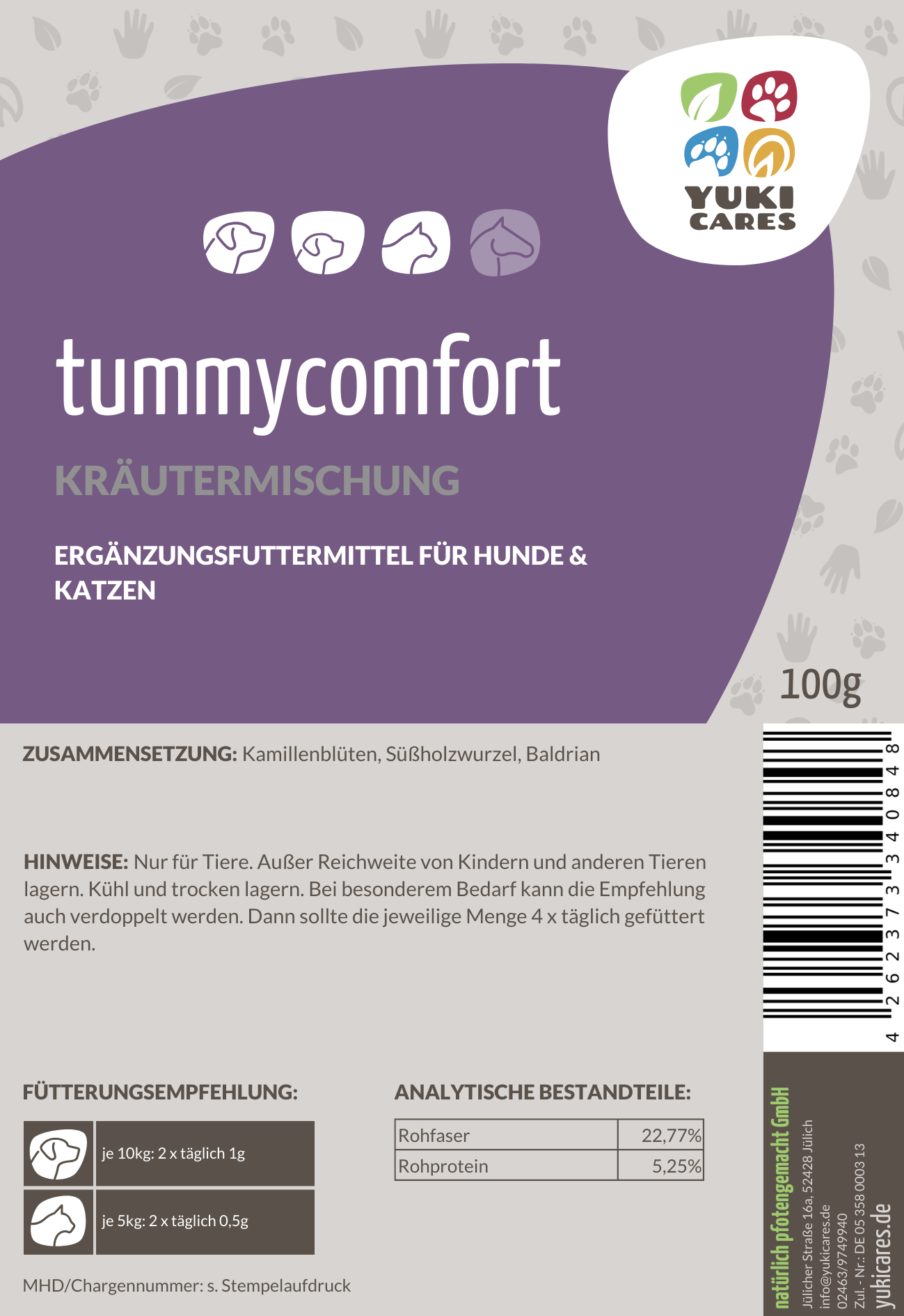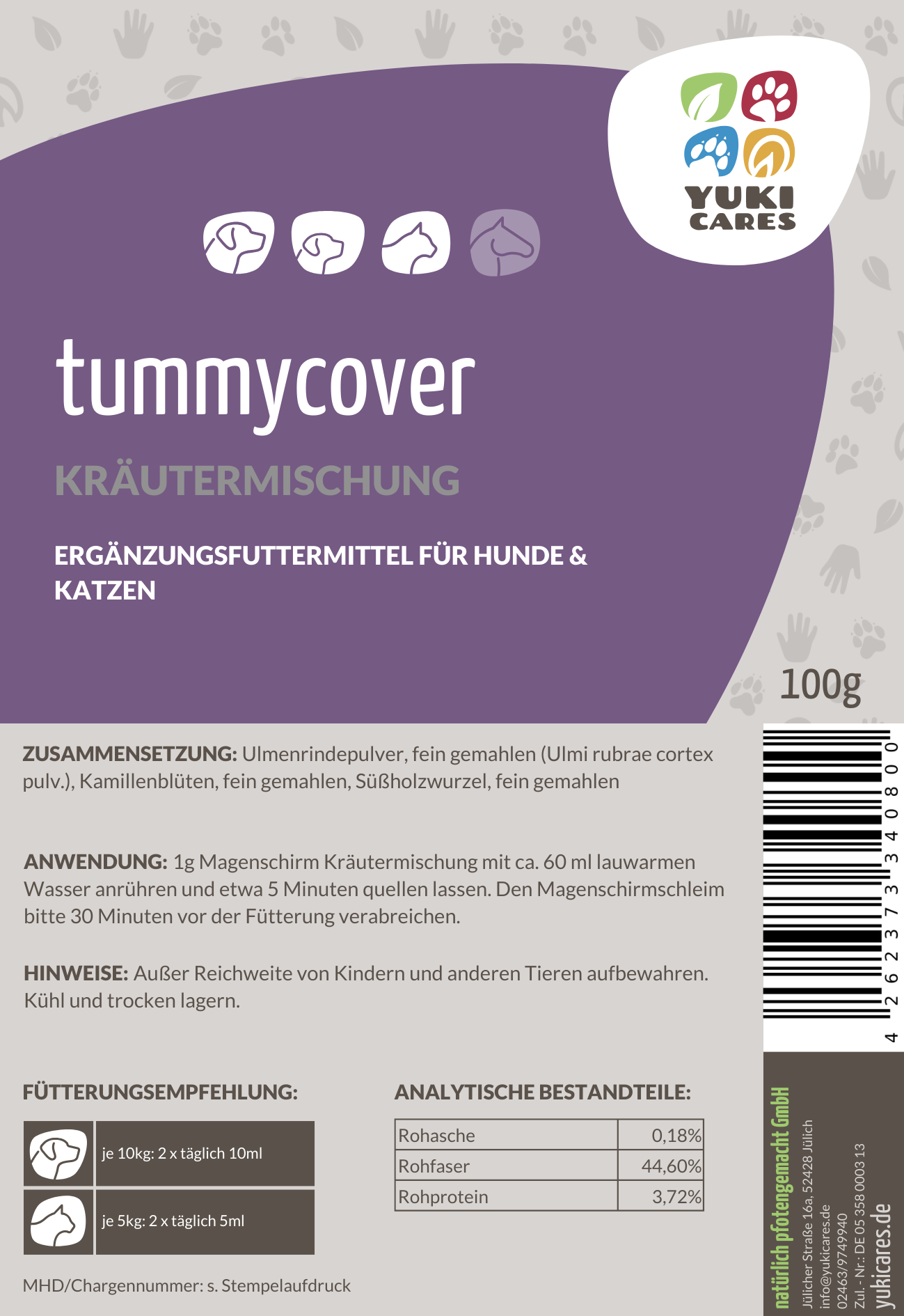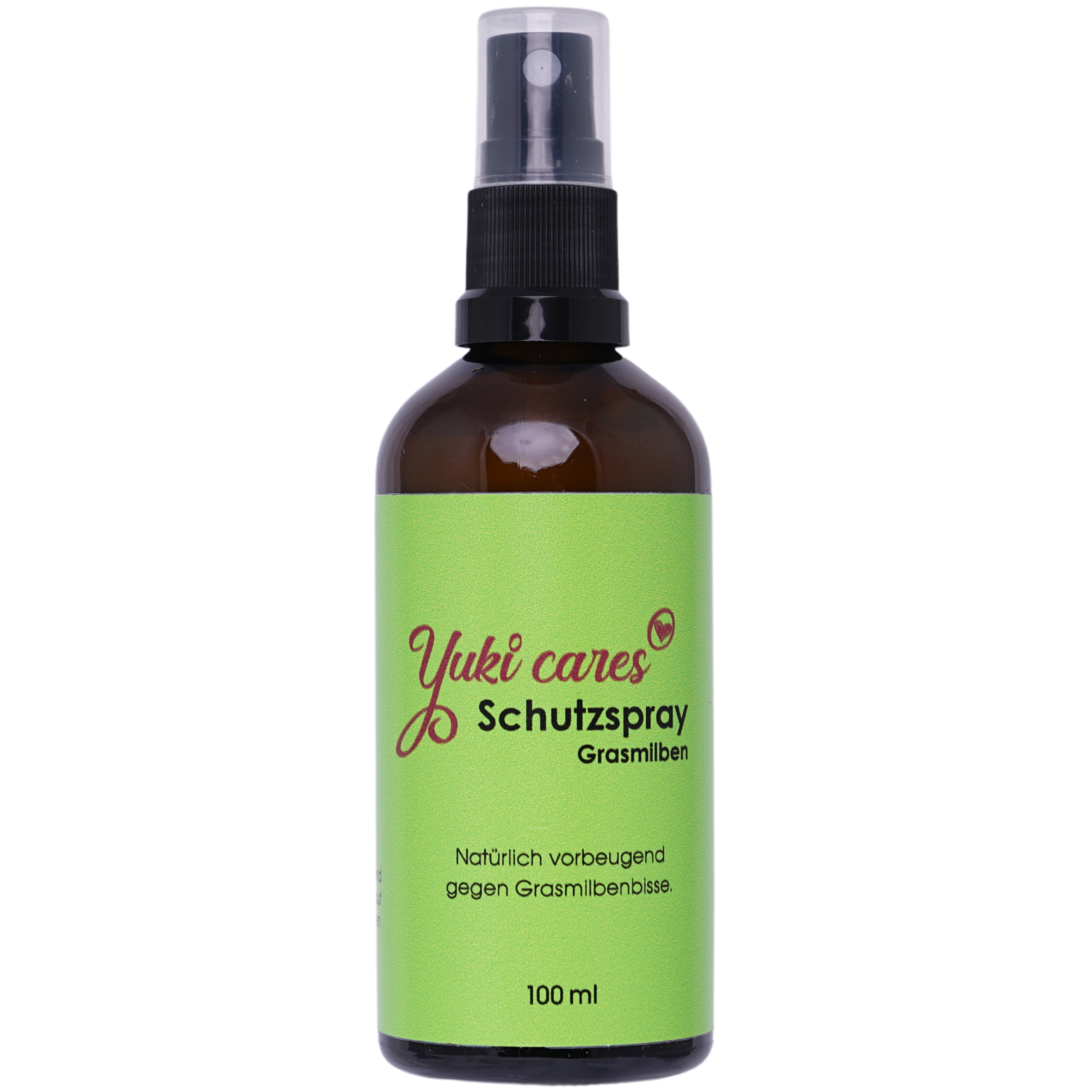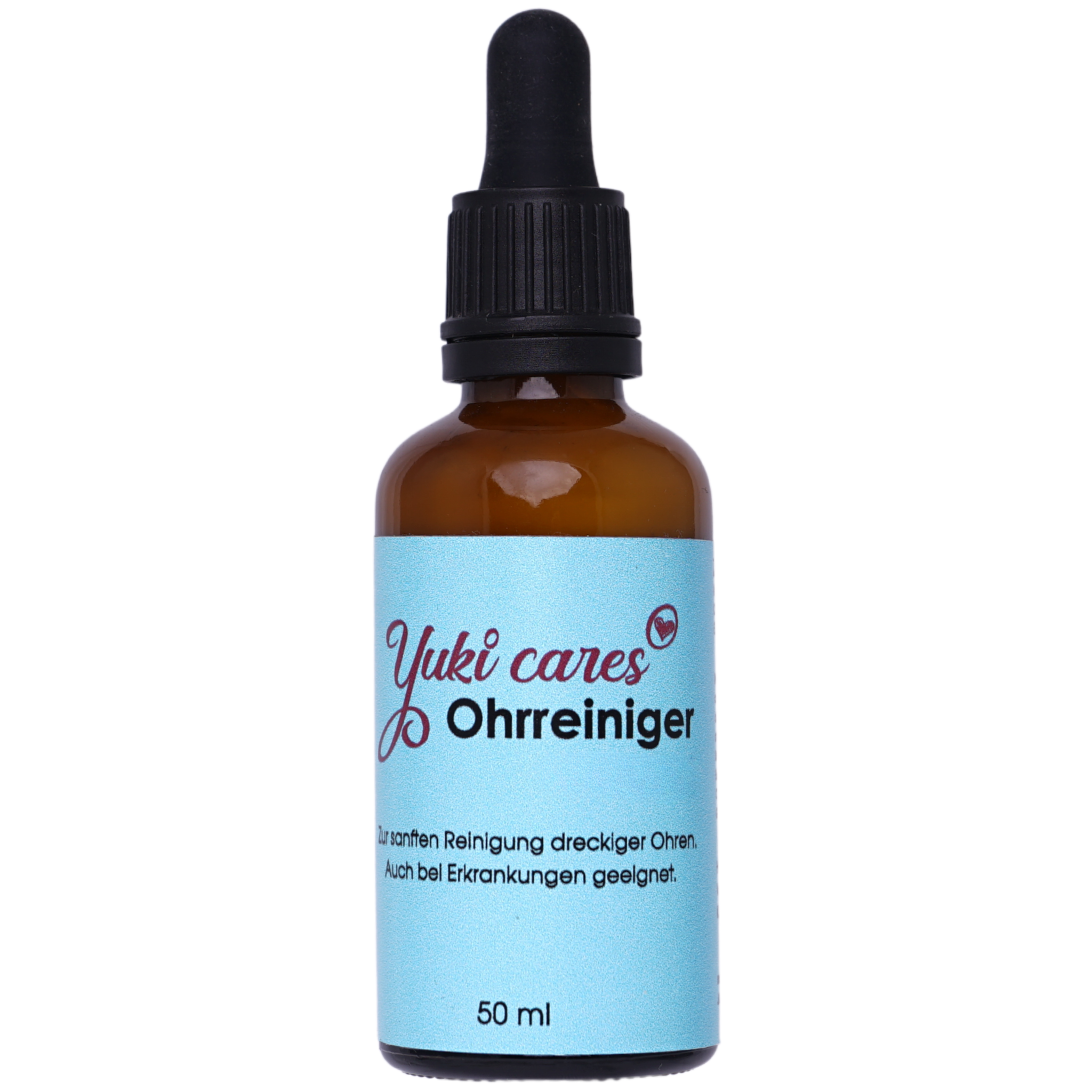Directly to the taurine calculation
What is taurine?
Functions of Taurine
Effects of taurine deficiency
When to supplement taurine
How much taurine
natural sources of taurine
Taurine overdose
What is taurine and why do cats need it?

Taurine is an essential amino acid that is vital for cats. Unlike dogs and many other animals, cats cannot synthesize taurine from other amino acids. Therefore, it is essential that they consume sufficient amounts of taurine through their diet.
What function does taurine have in a cat’s body?
Taurine is important for the health of cats in many ways. It supports heart function, eye health, the immune system, and metabolism. Taurine also plays an important role in the development and maintenance of vision.
What are the effects of a taurine deficiency in cats?

A taurine deficiency can have serious consequences for cats. It can lead to heart problems, eye disease, immune deficiency, and other health complications. It is therefore essential to ensure your cats receive sufficient taurine in their diet.
Which cats need additional taurine in their diet?
Cats fed exclusively vegetarian or vegan diets are particularly at risk for taurine deficiency. Since taurine is primarily found in animal products such as meat and fish, taurine supplements should be given to cats on such diets in consultation with a veterinarian. I'd rather not dwell on the absurdity of this diet for a pure carnivore.
In addition, pregnant animals or animals with heart problems can benefit from feeding taurine.
How much taurine does a cat need daily?
The recommended daily dose of taurine for cats is approximately 50-100 mg per kilogram of body weight. The exact amount depends on the cat's individual health and needs.
Let's take an average cat weighing 5 kg. It needs between 250 mg and 500 mg of taurine daily.
This cat eats between 250g and 350g of wet food per day.
The wet food should therefore have a taurine content of at least 100mg taurine per 100g of wet food. The optimal amount would be 200mg taurine per 100g of food (or 2000mg per 1kg of food).
The calculation is a simple rule of three: 250mg in 250g of food = 250/250 = 1. times 100g of food = 100mg taurine in 100g of food; 500mg in 250g of food = 500/250 = 2. times 100g of food = 200mg taurine in 100g of food.
Which foods naturally contain taurine for cats?

Taurine is found primarily in animal protein sources such as meat and fish. Therefore, it is important that cat food contains high-quality animal protein to meet taurine requirements. Beef, chicken, fish, and organ meats are good sources of taurine. For raw-fed cats, heart is often used as a special source of taurine, in addition to dark muscle meat. Mice are also very rich in taurine, providing approximately 240 mg/100 g.
Are special taurine supplements necessary for cats?
In most cases, cats can meet their taurine needs through a balanced, high-quality diet. In special situations, such as vegan or vegetarian diets or certain medical conditions, a taurine supplement may be beneficial. However, a veterinarian should always be consulted before using such supplements.
Are there any risks or side effects of a taurine overdose?

With normal cat food, there is generally no risk of taurine overdose. Taurine is water-soluble and will be excreted in the urine if an overdose occurs. Nevertheless, it is important to adhere to the recommended dosages when using taurine supplements.
Most wet foods on the market contain between 1000mg and 2000mg of taurine per kg of food. Dry foods usually contain slightly more than wet foods, as dry foods contain less meat.
How can I ensure my cat gets enough taurine?
To ensure your cat gets enough taurine, choose a high-quality cat food that contains animal protein. Pay attention to the nutritional information on the packaging and choose food that meets your cat's specific needs. If you're unsure, you can always consult a nutritionist. It's important, however, to ensure the food contains at least 90% meat, or even more.
Conclusion
Taurine is an important nutrient for cats and plays a crucial role in their health and well-being. When choosing cat food, make sure it contains sufficient taurine and meets your cat's individual needs.

